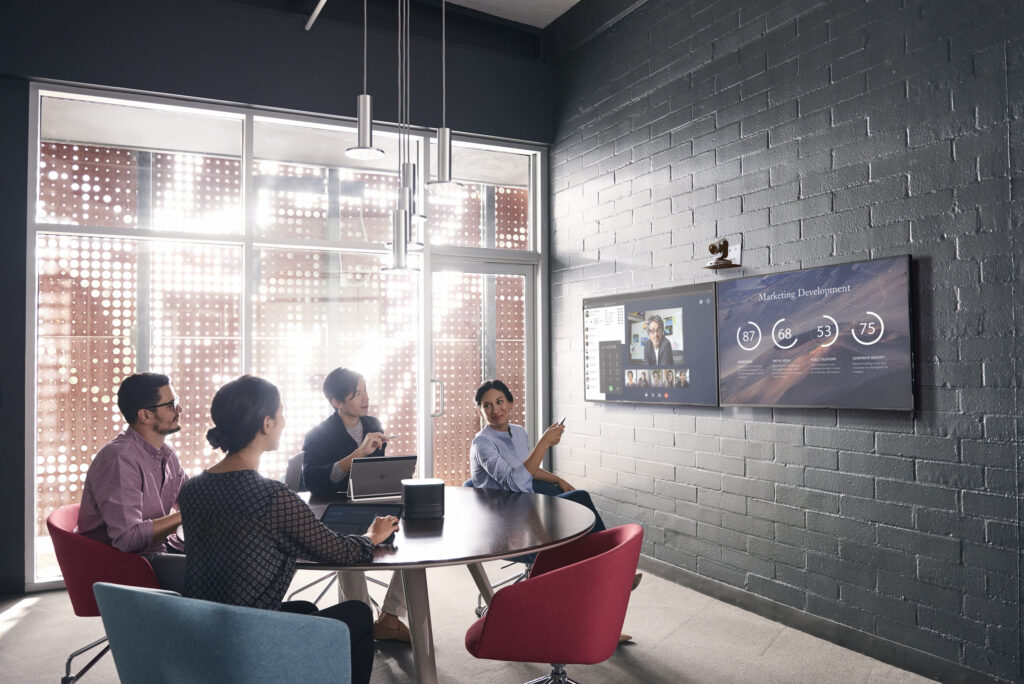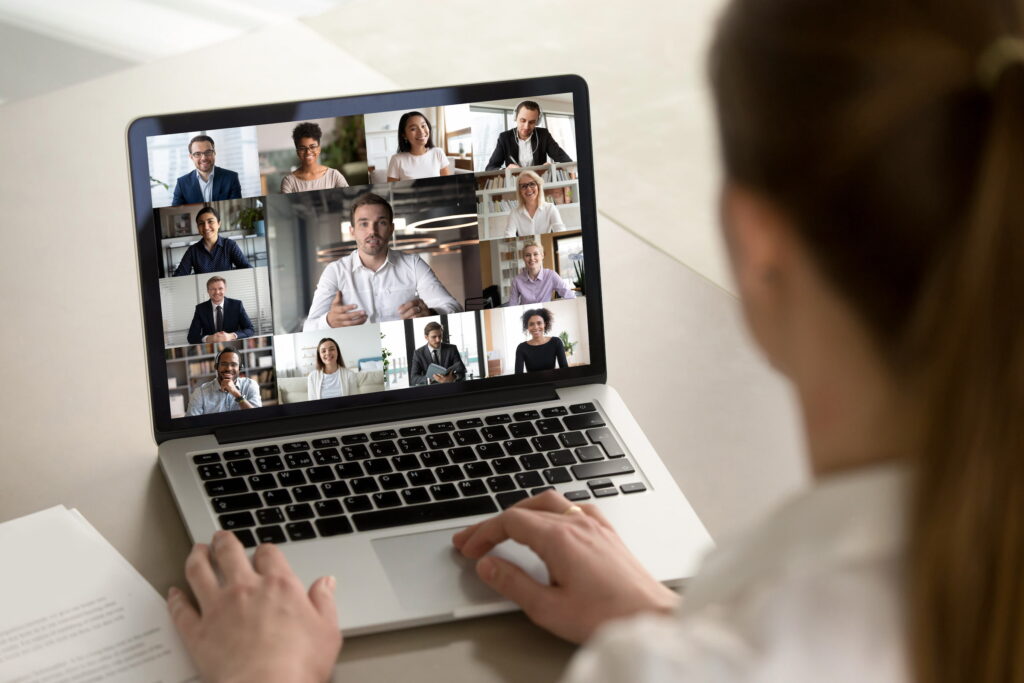No longer content with working nine-to-five in an office cubicle every day, employees are demanding hybrid working environments and greater say over where, when, and how they work. Flexibility has become a core requirement for the modern worker – and a potential deal-breaker for prospective new talent.
However, current workplace offerings are falling short of elevated expectations. Research by Apogee reveals that almost two-thirds of IT directors (63%) lack confidence in their IT estate’s ability to fully support a hybrid workforce. Furthermore, 71% of organisations are not placing IT investment at the top of the priority list, causing their newly hybrid workforces to miss out on much-needed technologies and tools.
At a time of ongoing talent shortages and digital skills gaps, companies that fail to invest in the latest IT solutions risk driving away their most valuable asset – their employees.


























































